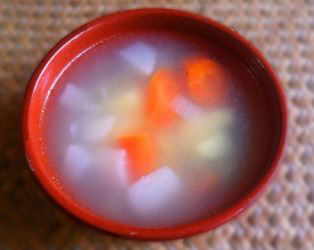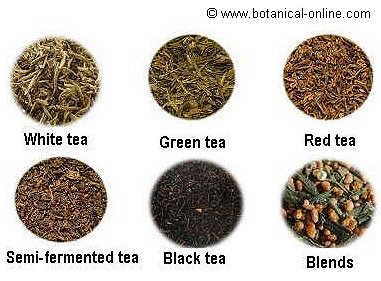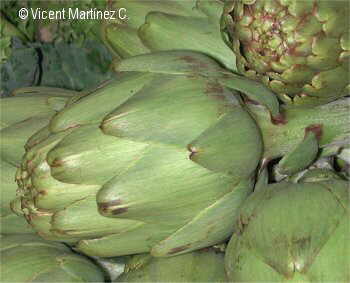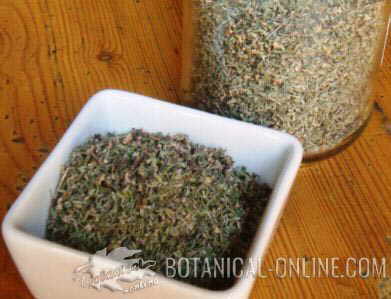Contents
What are dairy products?

Dairy products are milk derivatives such as yogurt, cheese, cream or kefir.
Butter is a derivative of cream. Butter consumption has been virtually eclipsed in many countries by margarine.
Cow’s milk products are commonly understood as dairy products. They can be fermented or unfermented products of this type of milk. However, there are other types of animal milk and derivatives of these types of milk that are also considered dairy products, like goats milk, sheep milk, camel or buffalo milk
Dairy products are rich in protein
In general, dairy products are rich in protein, especially casein. Some milks are richer in protein than others. For example, sheep’s milk contains between 5 and 6% of its weight in protein, while cow milk usually contains from 3 to 3.5%.
Human milk contains less protein than cow’s milk.
Dairy products are rich in carbohydrates
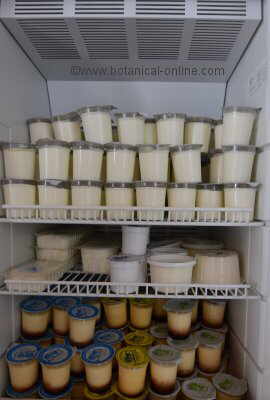
Dairy products are also rich in carbohydrates. The main carbohydrate is lactose, a sugar formed by the union of glucose and galactose.
To be able to digest lactose the body has an enzyme called lactase. Some people do not have enough lactase to properly digest milk or milk derivatives. In this case they are said to have lactose intolerance.
Among the different types of milk, one of the richest in lactose is buffalo milk. In general, milk usually contains between 4-5% of lactose. Human milk contains more carbohydrates than cow’s milk.
Dairy products are very rich in fats
Dairy products contain a lot of fat. Most of the fat is monounsaturated, so it can easily raise the level of “bad” cholesterol in the blood.
Similarly, the triglyceride level in this food is very high.
The high content of carbohydrates, along with their fat content provides their caloric value.
For people with cholesterol and obesity problems it is recommended to take skimmed milk or fat free dairy products.
Some types of milk or dairy products have more calories than others.

Fat in dairy foods make them very appealing, but with their caloric content needs to be taken into account in case we do not want to become fat.
Among all the the vitamins in dairy products, we must highlight their content in vitamin B.As a matter of fact, yogurt and cheese are among the richest foods in vitamin B.Dairy products have vitamins and minerals.
They also contain vitamin A.
Although fresh cow’s milk does not contain vitamin D, packaged cow’s milk generally contains it because this vitamin is added to it.
As for minerals, dairy products contain mainly calcium, phosphorus and sodium. The proportion of sodium is greater than that of potassium and they also have small amounts of magnesium, zinc, copper, iodine and selenium, but dairy products are low in iron.
![]() More information on milk
More information on milk


